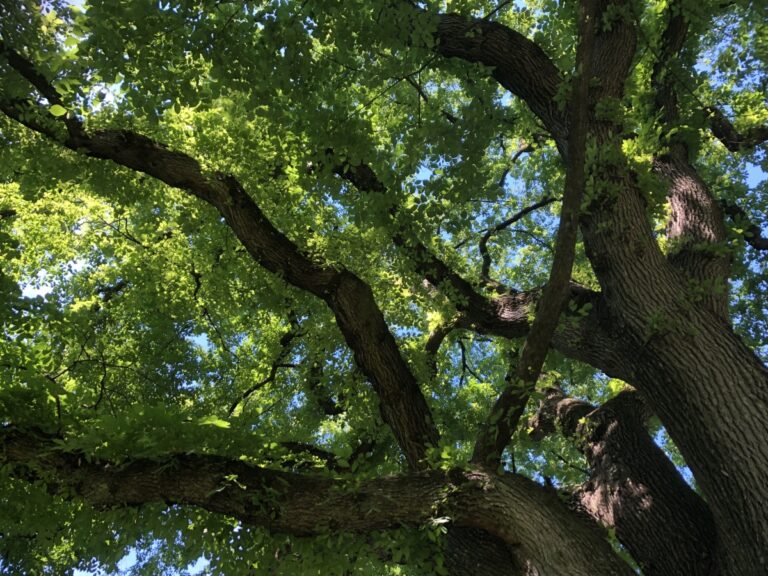Saying “Yes” to Spirit: Being Lived into the Fullness of Your Potential
Another talk at Unity, Norwalk, CT
Meditations, experiments, books and guided meditations to assist with nourishing spirituality, healing childhood wounds, and living more consciously.
Meditations, experiments, books and guided meditations to assist with nourishing spirituality, healing childhood wounds, and living more consciously.
Another talk at Unity, Norwalk, CT

There’s a concept drawn from quantum research that resonates deeply with many spiritual traditions and also touches into ideas that are found in psychology. It is called “entanglement”, and it proposes that we are intimately connected to and affect the world around us in everything we do. It also proposes that we, as individuals, are part of a collective within which there is no real separation, even though our physical bodies lead us to imagine that we stand alone. In the Rig Veda, there is a saying that says something like: “We are all woven into Indra’s net, out of which we cannot fall.” According to quantum research, it appears that we are, indeed, all part of a living system out of which we cannot fall. In addition to that, as part of this system, everything we do has an effect on the larger collective system.
As I thought about writing a practice today, I found myself orienting to a deepening sense and understanding of entanglement. I think that part of me is also chewing on subtle activism practices for these times. And so, with entanglement in mind, here are a few subtle activism possibilities for you to explore.
Read More “910th Week: Entanglement: Individual and Collective Well-Being”
As I begin this week’s practice, I’m watching a video of yesterday’s memorial celebration for the beloved Vietnamese teacher, Thich Nhat Hanh, in Plum Village, France. For those of you who may not have encountered Thay or his teachings, he was a Buddhist monk who brought important and accessible mindfulness teachings to the West, was also advocate for peace and a supporter of Martin Luther King, Jr., who nominated Thay for a Nobel Peace Prize.
As I listen to the chanting of the people of Plum Village, I am reminded of the importance of accessing practices that allow us to access states of being that touch not only into the presence of the Sacred all around us, but also into those internal states that bring us into a deep inner quiet and settled ease. What I’d like to offer for this week’s practice is an adapted version of a very simple and direct meditation that Thay offered to us early in his teachings. It has stayed with me over the years as one of the most direct and effective ways to settle and find a sense of inner presence. As I weave his teaching into the following practice, I apologize for whatever changes I’ve made in this practice that may inadvertently not accurately reflect Thay’s intention, words or teaching.
Read More “861st Week: Honoring Thich Nhat Hanh and the Practices He Taught”
I’ve been reading a lot about social justice lately, as well as the challenges of moving out of the assumptions and institutions of white supremacy. The process has been yet another reminder of the importance and impact of unexamined perceptions and beliefs. I’ve written many times about engaging in acts of kindness and my recent reading has brought to the foreground of awareness the importance of cultivating and orienting to thoughts and self-talk focused on and arising from kindness.
Our habits of mind matter more than we may realize. In a sense, they are a form of ongoing self-hypnosis through which we program ourselves and emit the quality and tone of awareness and being that characterize how we move through the world and how we feel about, and treat, ourselves. The goal of the following practice isn’t to create an internal battle, argument, or conflict when noticing the unkind thoughts and actions that we may do without awareness. Because I have such a deep belief in wholeness, I understand that there will always be things arising in me that I may not enjoy experiencing, but they are part of an unbroken wholeness that is true of everyone.
Many times, I’ve written about the foreground/background dynamic of our wholeness. Sometimes something pops into the foreground of our thinking or behaving that we don’t particularly like, something that arises as one of the habits of mind that comes with years of conditioning. The good news is that anything that pops into the foreground can be invited into the background and replaced by something we would rather experience and/or express. It’s a matter of cultivating the kind of awareness that can compassionately notice when we’ve gone off track and that can then gently call us back to ourselves.
Read More “877th Week: Cultivating Kindness As a Habit of Mind”